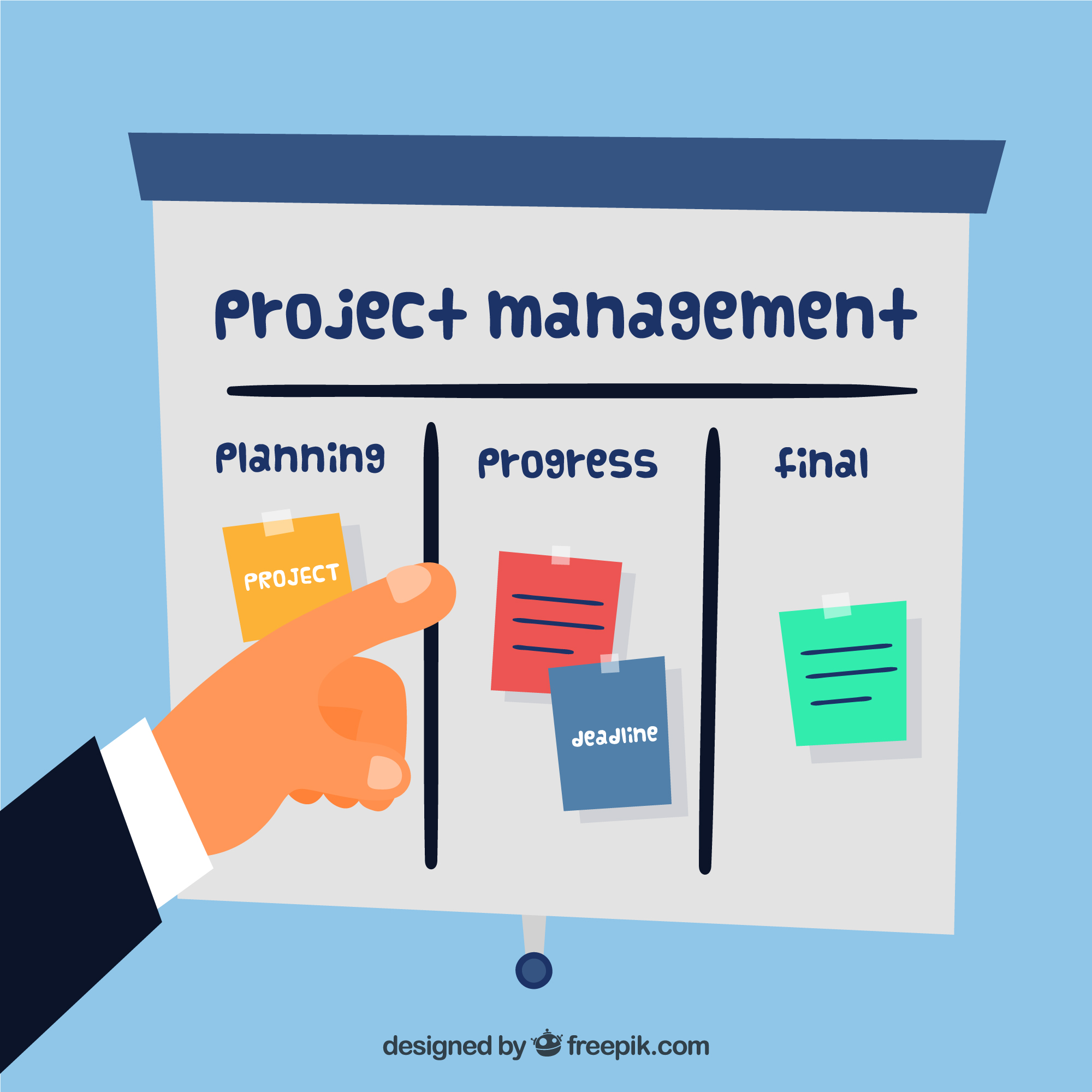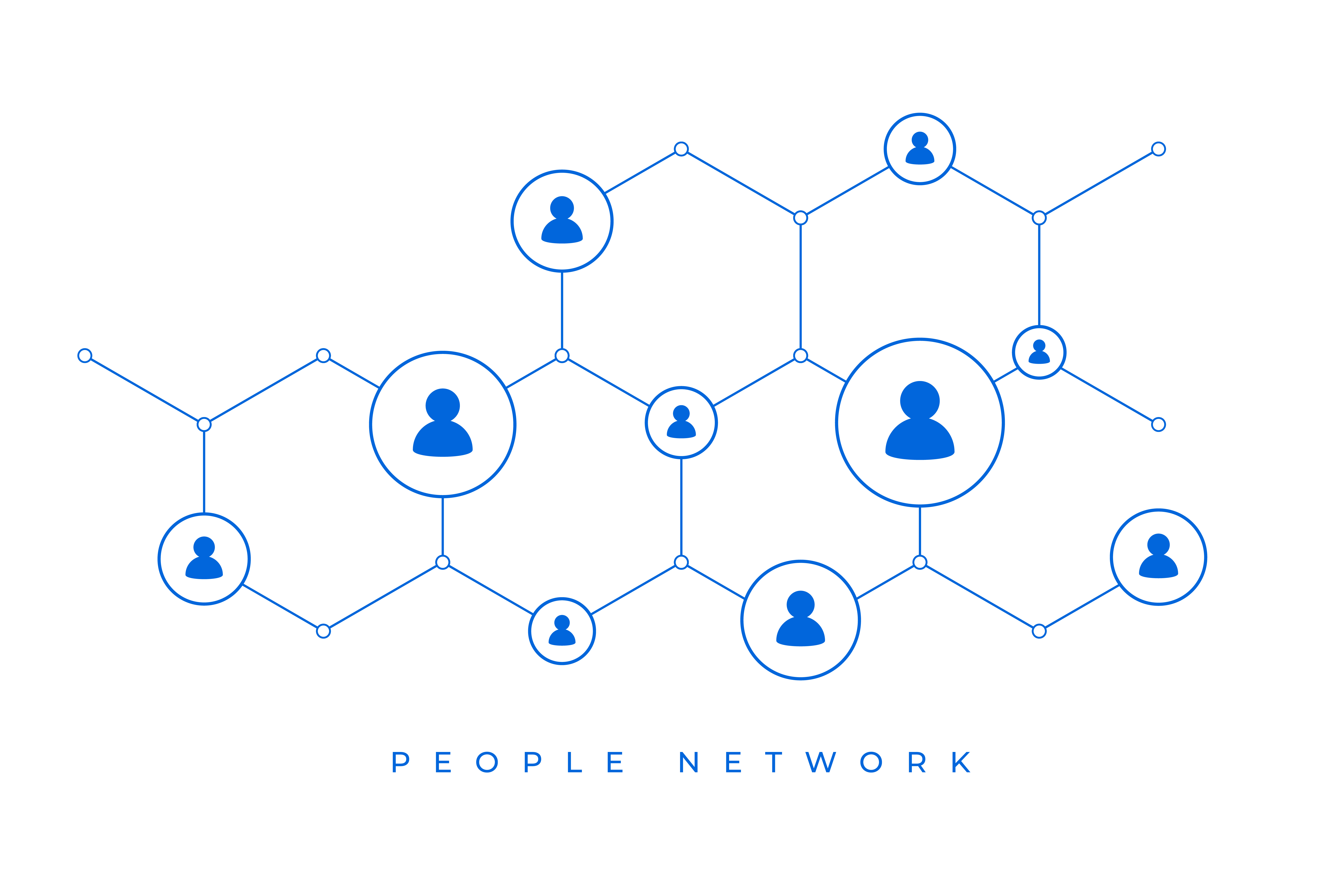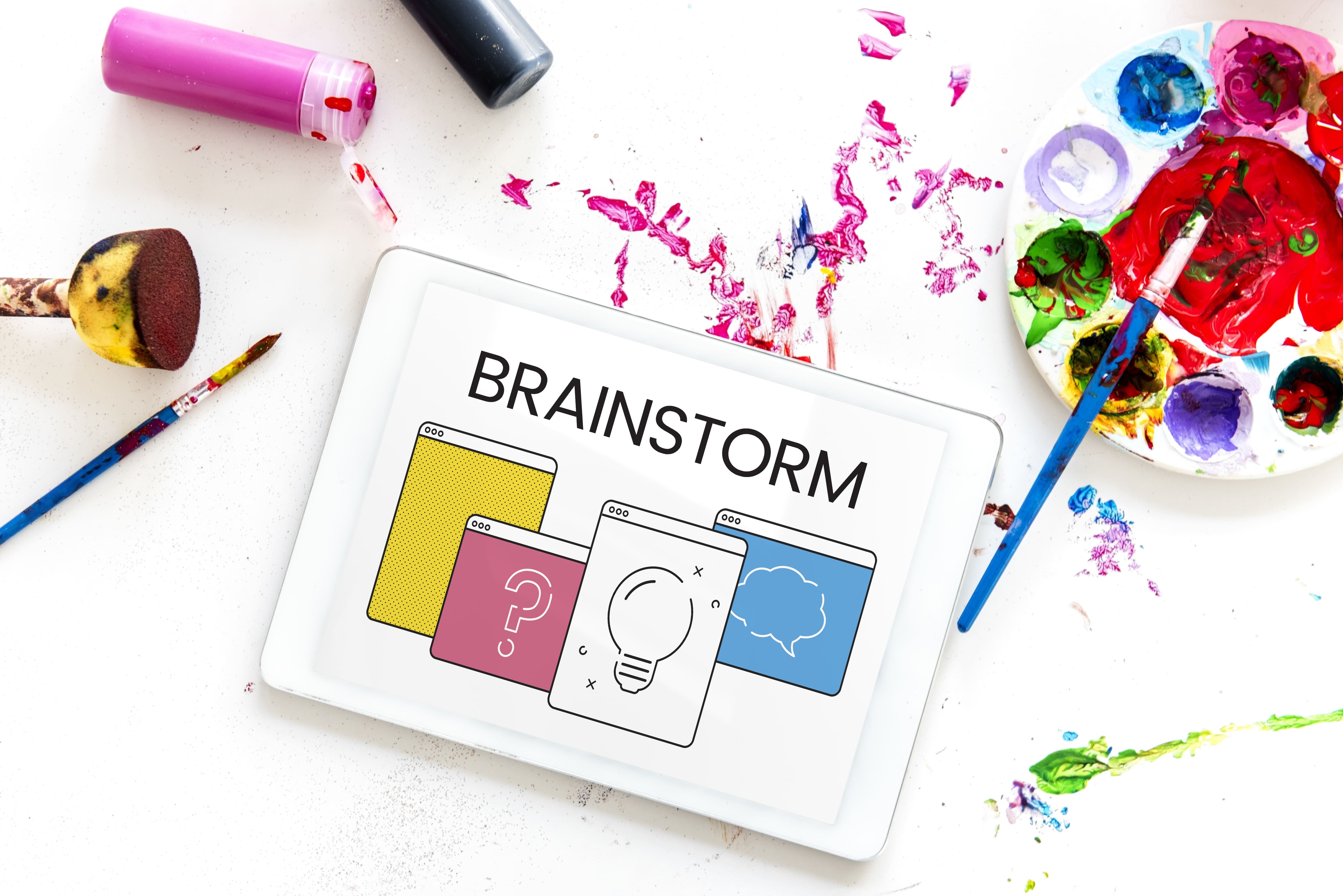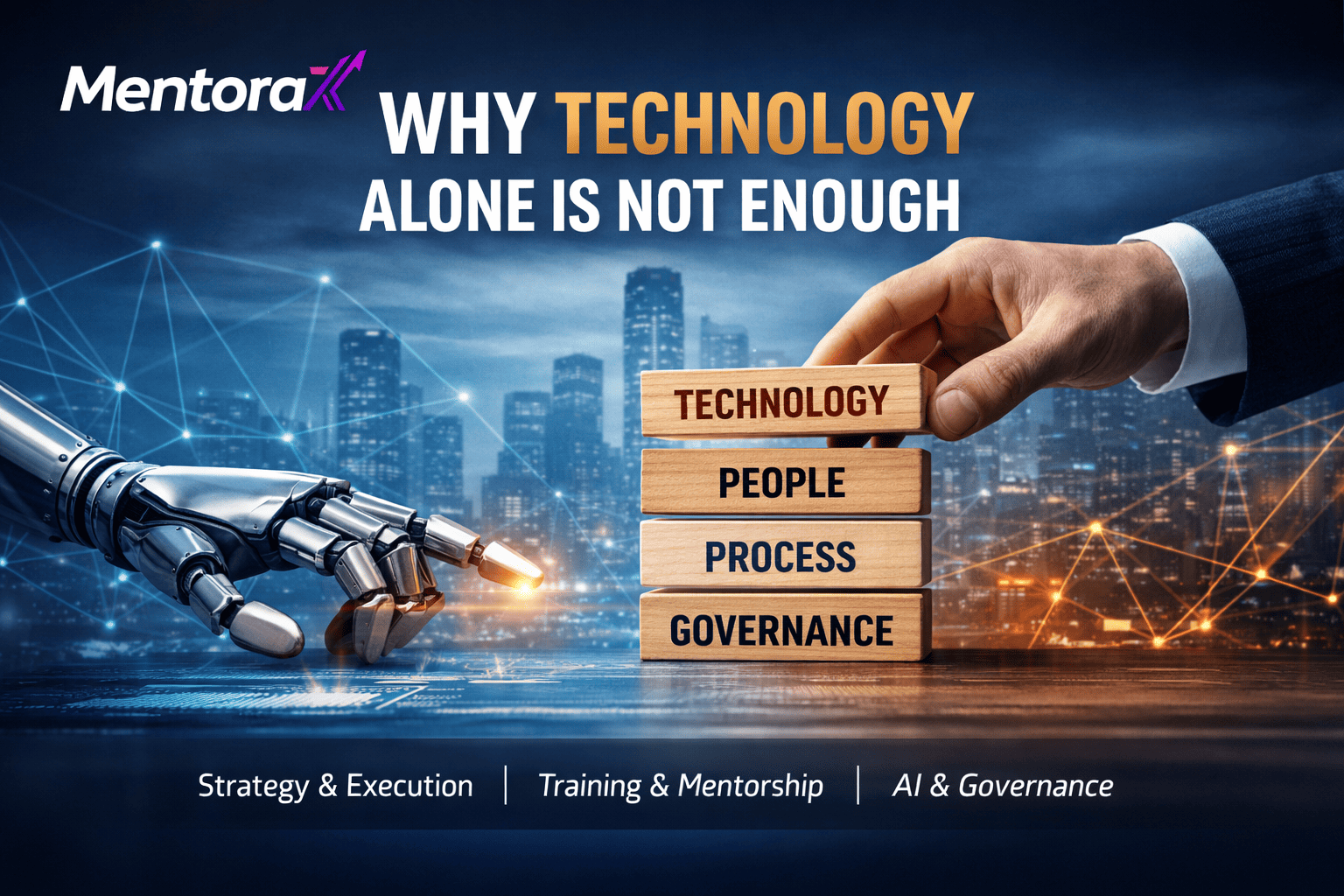Coding for Non-Coders
- Author :
- Date : 09 Aug 2025
- Time : 12 Min to read

Coding for Non-Coders: Why Understanding Python Can Boost Your Career
In today's digital-first workplace, technical skills aren't just for software developers anymore. More and more professionals across industries—from marketing and HR to finance and operations—are learning to code. Among all the available programming languages, Python is particularly well-suited for non-coders because of its flexibility and accessibility. With just a little Python knowledge, you can automate routine tasks, analyze large datasets, and build tools that improve your workflow and value at work.
This blog explores why Python is a smart choice for non-programmers, how it can be applied across roles, and how a structured learning program like MentoraX's Python course can help you get started confidently.
What Makes Python a Smart Starting Point?
Python is designed to be approachable, with a syntax that reads more like everyday English than computer code. This lowers the barrier to entry, especially for professionals who aren't from a tech background.
Another strength of Python is its vast ecosystem of libraries that allow you to do everything from data analysis and web scraping to process automation and visualization. It's supported by a strong developer community, which means plenty of free resources, sample code, and solutions are always available.
Python is also incredibly flexible—it can be used in standalone scripts, connected to APIs and spreadsheets, or integrated into larger data systems.
How Non-Programmers Are Using Python Today
1. Data Analysis & Insights
You don't need to be a data scientist to work with data. Python allows you to read Excel or CSV files, perform calculations, clean up inconsistencies, and present visual insights. This is especially useful for marketing professionals tracking campaign results or HR teams managing employee performance data.
2. Automating Daily Workflows
Python scripts can be created to handle repetitive tasks—like renaming files, organizing folders, or pulling data from websites. It can also send emails, generate alerts, or prepare reports on schedule.
3. Digital Marketing and SEO
Digital marketers use Python to extract search volume trends, check for broken links, scrape content, and generate keyword-based reports. These tasks, which used to take hours manually, can now be done in minutes.
4. Organizing Projects and Teams
Python can help teams stay on track by managing schedules, sending reminders, and building dashboards that show project status or team productivity. You can even link Python tools with Google Sheets or Calendars to make updates real-time.
5. Building Useful Tools While Learning
The best way to learn Python is to use it in real-life situations. Whether it's generating personalized reports or collecting competitor data, solving a real problem reinforces your learning.
Real Roles, Real Impact
Here's how Python can boost different careers:
| Role | Use Case | Outcome |
|---|---|---|
| Data Analyst | Clean, filter, and visualize data | Faster reporting, better insights |
| Digital Marketer | Automate keyword checks and on-page audits | Improved SEO performance with less manual work |
| HR Professional | Screen resumes with keyword filters | Shortened hiring cycles |
| Finance Associate | Perform trend analysis on spreadsheets | Data-driven budgeting decisions |
| Project Coordinator | Automate routine updates and reminders | Reduced admin work, better tracking |
MentoraX: Learn Python with a Practical, Hands-On Approach
If you're ready to start using Python but unsure where to begin, MentoraX offers a beginner-friendly classroom course designed for non-coders. The program walks you through:
- Python fundamentals like variables, loops, and functions
- Using libraries like Pandas for working with tabular data
- Projects that solve real problems—like automation and reporting tools
By focusing on real-world usage instead of abstract theory, you'll build tools that immediately support your day-to-day work.
Getting Started with Python: A Practical Roadmap
1. Decide Your Goal
Do you want to automate reports, analyze marketing data, or organize files? Pick a use case that excites you.
2. Install the Right Tools
Platforms like Jupyter Notebook and Anaconda make coding easier for beginners. They allow you to write and run Python code interactively.
3. Start with Small Projects
Practice by solving everyday problems. For example:
- Merge two Excel files into one
- Create a basic report with charts
- Send personalized emails to a contact list
4. Join a Learning Program
Choose structured learning that includes mentorship and projects. Courses like MentoraX help you stay on track and make faster progress.
5. Practice Consistently
The key to growth is repetition. Set aside regular time each week to build small tools and improve your understanding.
6. Share What You Build
Upload your projects on GitHub or share them with your team. This builds credibility and confidence in your skills.
How to Know You're Making Progress
You'll begin to notice benefits like:
- Saving hours on previously manual tasks
- Having your tools used or appreciated by others
- Gaining confidence in working alongside tech teams
- Successfully building scripts that solve real problems
Practical Advice for Non-Tech Professionals
- Keep Things Simple: Avoid over-complicating code. Focus on solving one clear problem at a time.
- Leverage Existing Libraries: Python's community has already built tools for most tasks. Use them to save time.
- Stay Curious: Look for new things to automate or analyze each week.
- Organize Your Code: Write comments and keep your scripts tidy so others (and future you) can understand them.
- Track Your Progress: Maintain a project log or portfolio that showcases what you've built.
Bonus: Python Opens the Door to AI
Python is the leading language for artificial intelligence and machine learning. Once you're comfortable with the basics, you can explore frameworks like scikit-learn to build models or use AI tools to solve predictive problems. It's a powerful path if you're interested in working with data in more advanced ways.
Final Thoughts: Start Where You Are
You don't need to be a developer to code. Whether you're a professional in HR, marketing, finance, or management, learning Python helps you stay relevant and proactive in a tech-driven world.
The MentoraX Python course is designed specifically for people like you—motivated, curious professionals ready to add a powerful new skill. With the right tools, support, and real-world practice, you can unlock the potential of coding and take your career to new heights.
Related Posts




09 Aug 2025 • 11 Min Read
The Importance of Mentoring: How to Find a Great Mentor and How to Be One
None



09 Aug 2025 • 12 Min Read
The Art of Salary Negotiation: What Every Young Professional Should Know
None







09 Aug 2025 • 8 Min Read
Building a Personal Brand in the Digital Age: A Guide for New Professionals
None






12 Jan 2026 • 7 Min Read
MentoraX Approach: Why Technology Alone Is Not Enough
Why sustainable transformation requires more than tools—and how MentoraX connects technology, people, and execution.